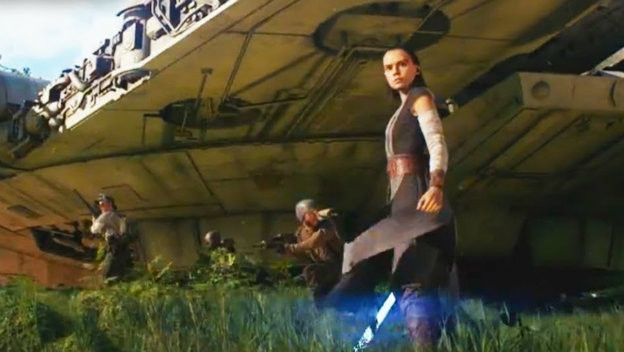We see games crash and fail all the time. It is not uncommon for a title to not resonate with players, release with marked problems, or have issues with microtransactions or loot boxes. It is tempting to immediately assume the worst when a game falls flat. People may spout doom and gloom about it possibly ruining a reputation, if not a company as a whole. But could it be possible that a bad game could actually be beneficial?
The impetus for this comes from BioWare. Mass Effect: Andromeda was a mess for many reasons. It had terrible bugs, the storyline was not very cohesive, the gameplay was not as compelling as past Mass Effect games, and there were cliffhangers that left story segments, like the missing Quarians, feel like plotholes. This led BioWare’s Casey Hudson to make a blog post in which he basically said, “Never again.” He pointed out how Mass Effect: Andromeda left people wanting and did not follow through. It is then that he said that the studio is keeping that in mind with Anthem, to guarantee it will deliver when it comes to story, characters, lore, and its world. It seems like it could be an instance of a company making good after something bad happened.
But this is not the first instance of a company possibly learning from its mistakes. Let’s look at the bumpy road that is EA’s Star Wars: Battlefront series. The first game had an issue with content. It did not have much right away and locked additional characters, like Chewbacca, and maps, like Jabba’s Place, away behind paywalls. Star Wars: Battlefront II fixed that by going with only free DLC, but then had microtransactions that granted abilities. In the months since, EA has fixed microtransactions to make them purely cosmetic. But at this rate, maybe a Star Wars: Battlefront III would be practically perfect.
For Honor is another game that was actually a good game that just did not find an audience and had some rough spots. It tanked. But, Ubisoft did not give up on it. In the time since its release, the company has continued to try and make things better. A Trials training mode, inspired by Rainbow Six Siege , was added to the game. It received dedicated servers, one of players’ biggest demands. Maybe the best idea was Ubisoft’s decision to look at their “bad” game, make the fixes, and then release a budget-priced Starter Edition that would give people a taste. Clearly, this failure helped Ubisoft learn and was for the best, since it resulted in so much good.

Maybe the biggest success story comes with Titanfall . Respawn Entertainment’s first installment in the series was not bad at all! But it also was not a huge success for many reasons. It only had multiplayer and it was limited to the Xbox One and PC. It ended up not selling or performing well. But when the sequel rolled around, it was clear that the “bad” game made things better. Respawn Entertainment and EA clearly learned. The sequel had an amazing campaign. It had great multiplayer. You could play it on every major platform. Lessons were learned and we all were better for it.
A bad game is not the end of the world. It is regrettable, sure. But it also presents an opportunity. We have seen progress made in series after installments that failed, with better things happening as a result. It certainly seems like BioWare, EA, and Ubisoft learn from their mistakes. While missteps are unfortunate, maybe they can be for the best and help companies get back on track.
